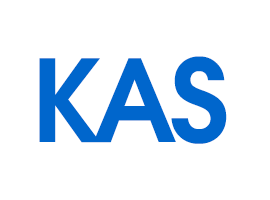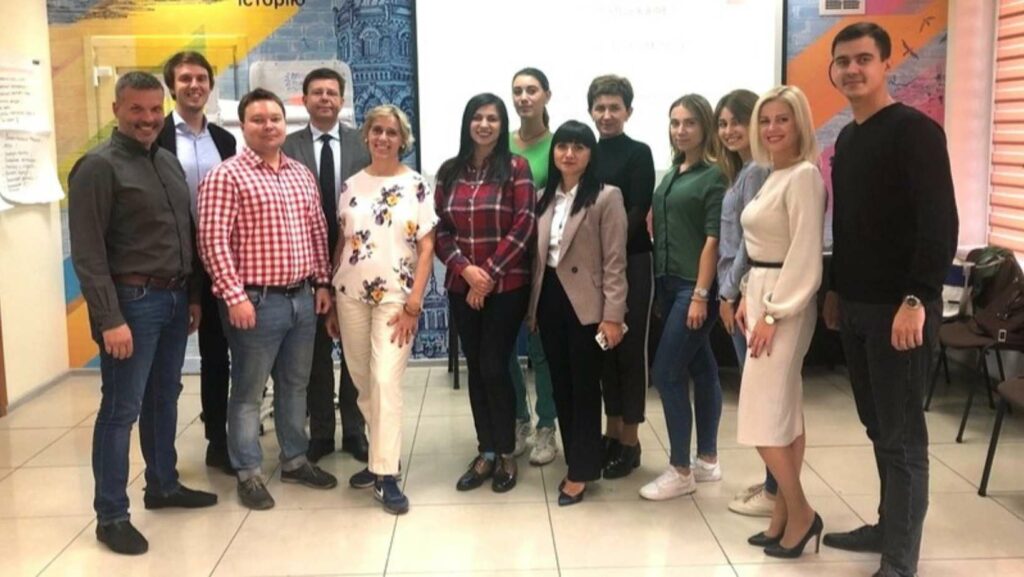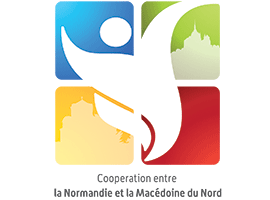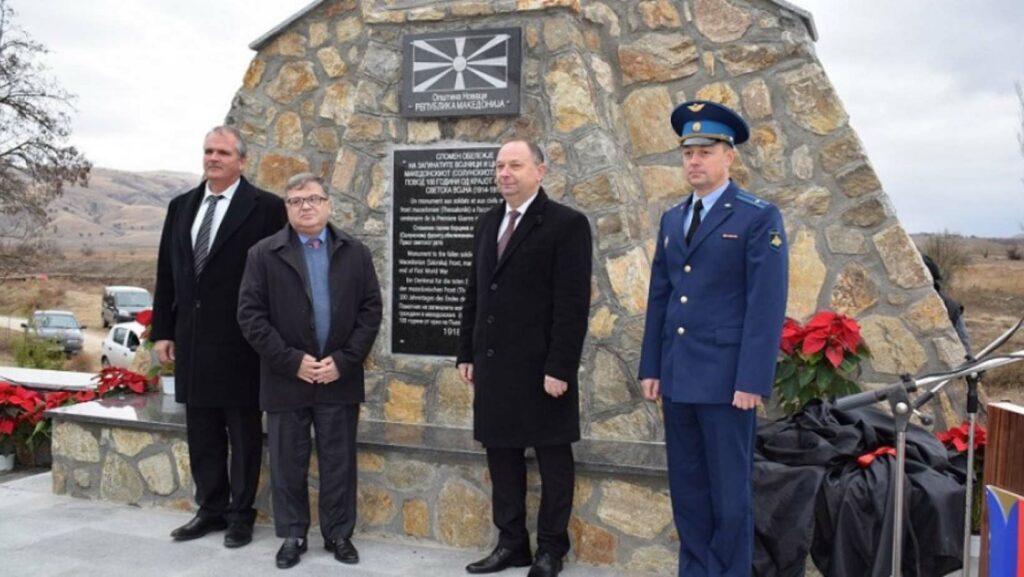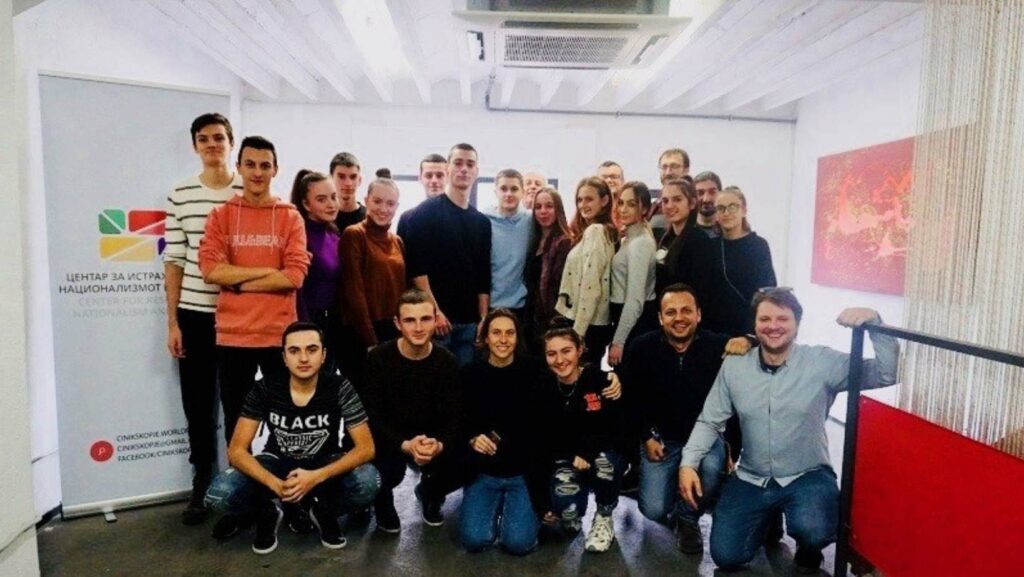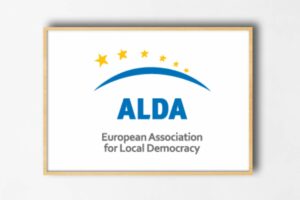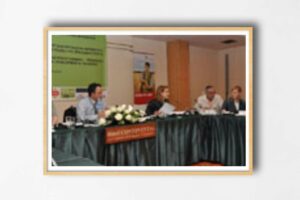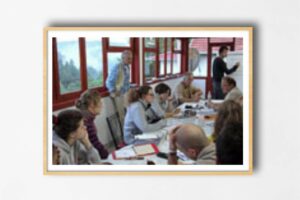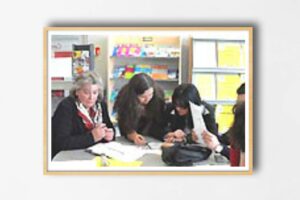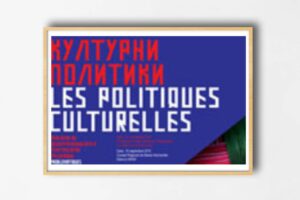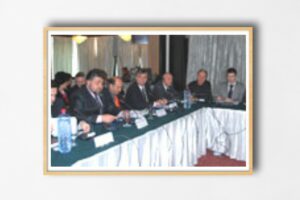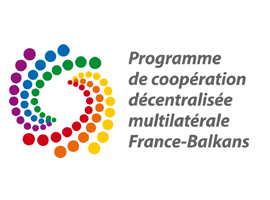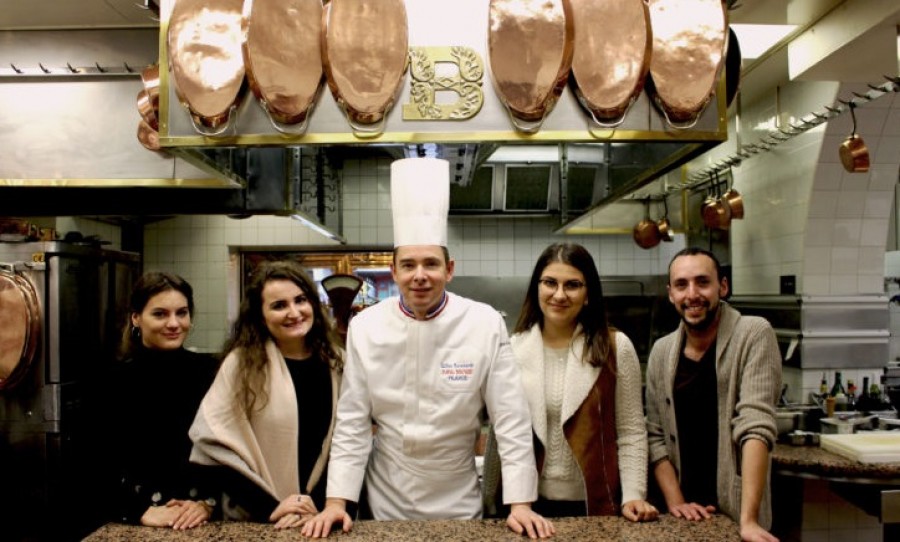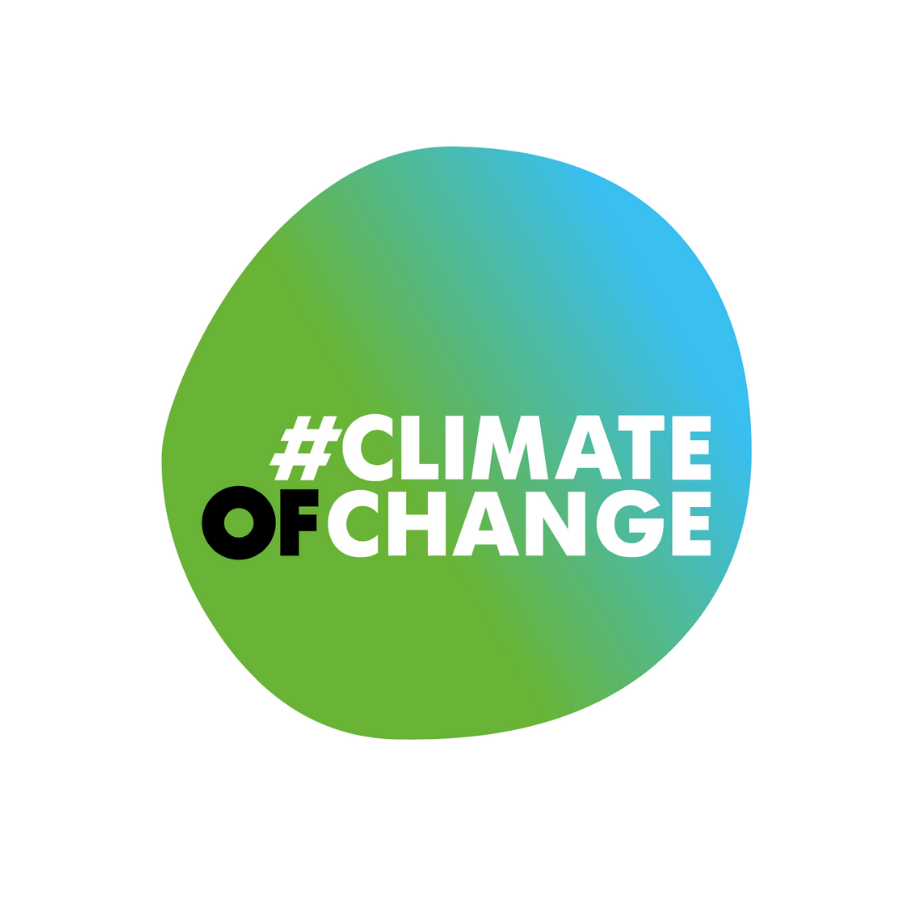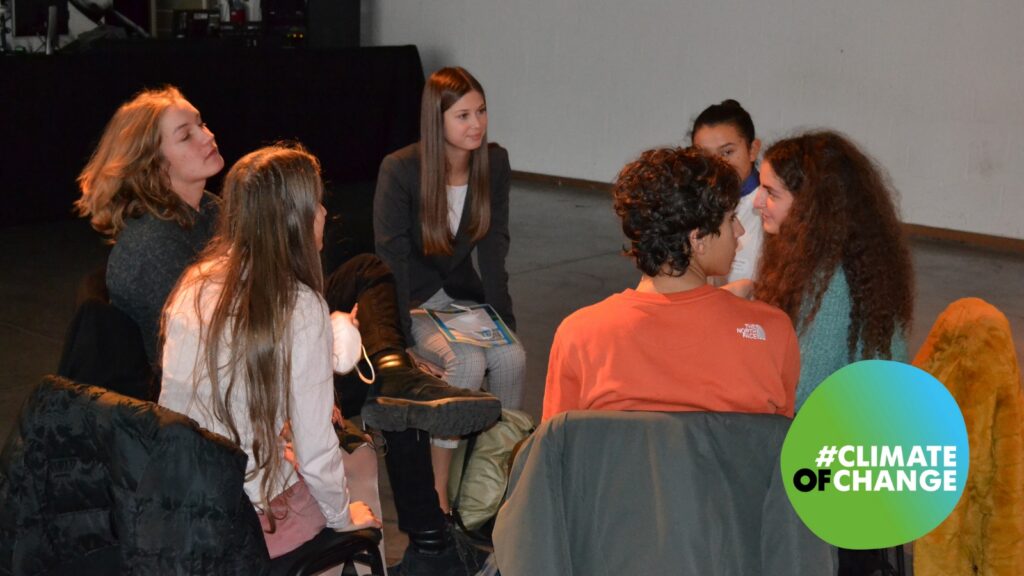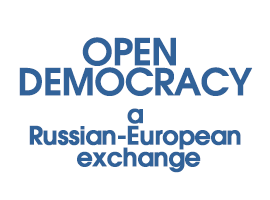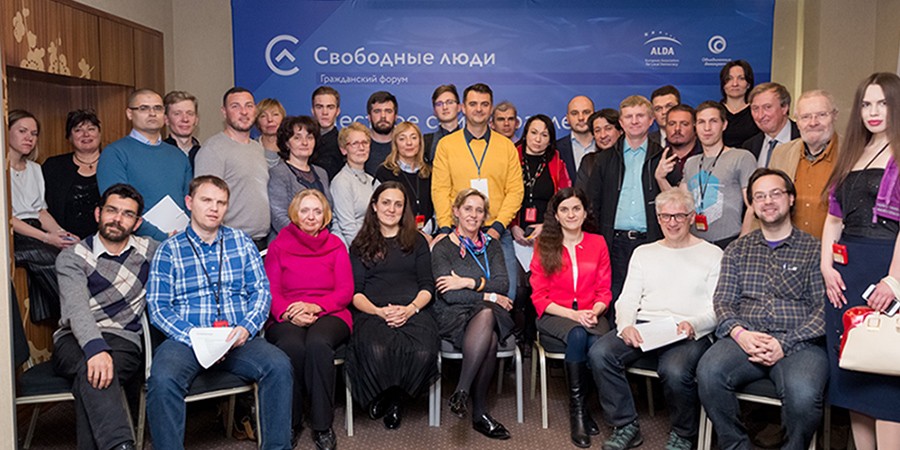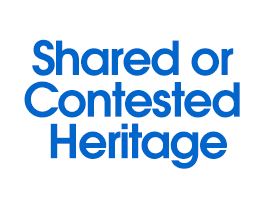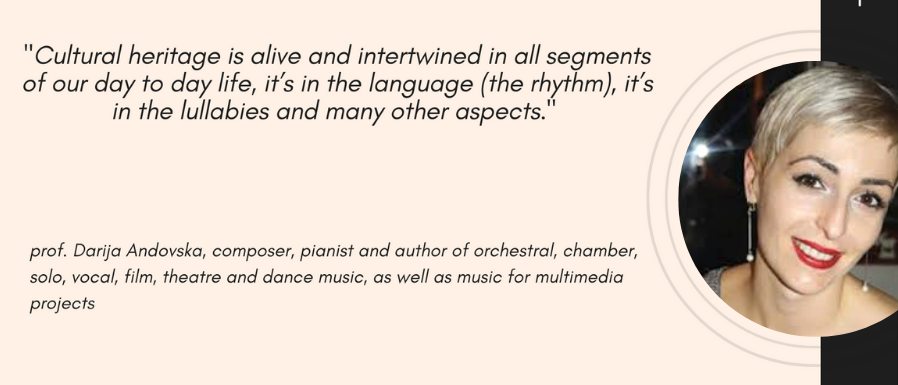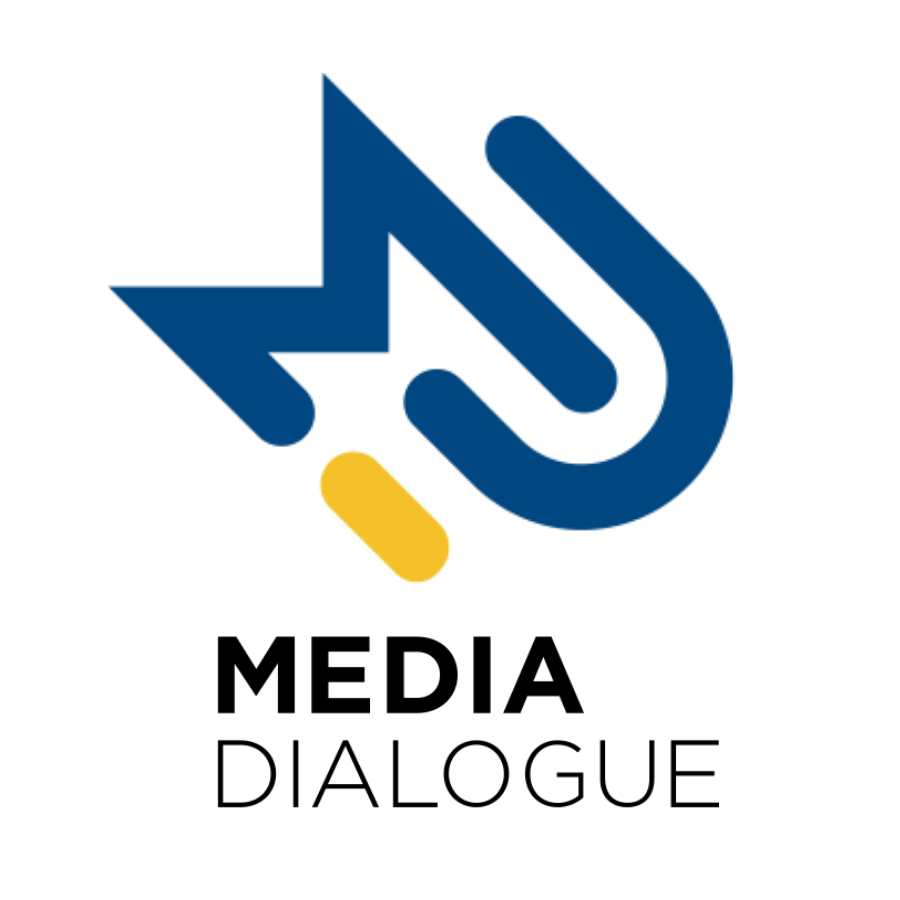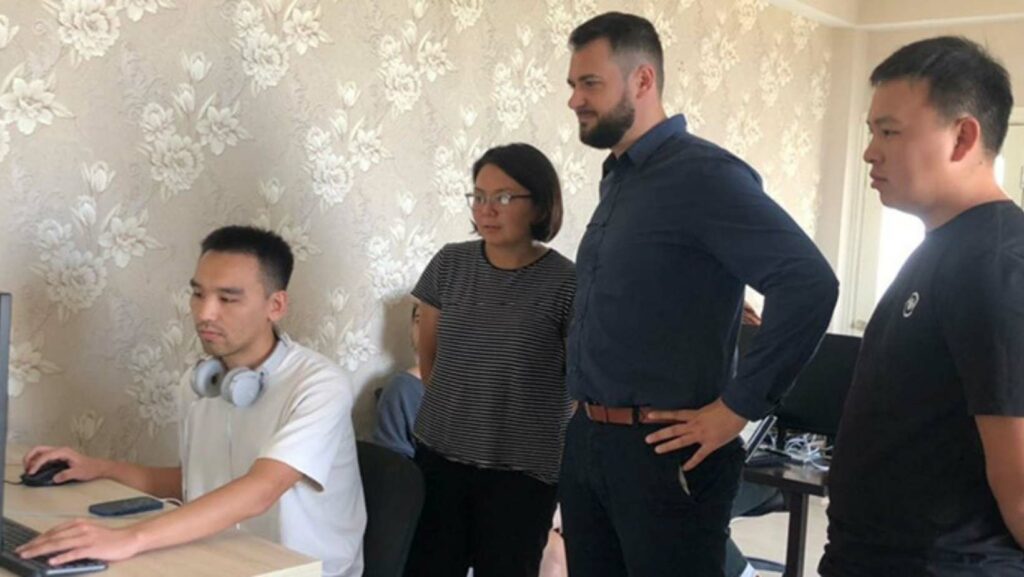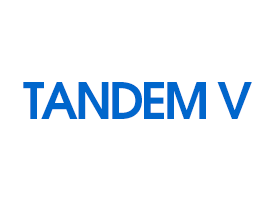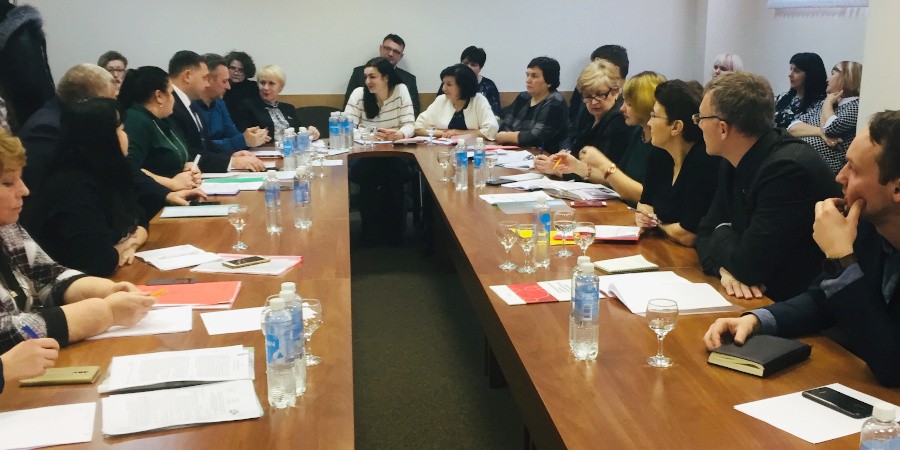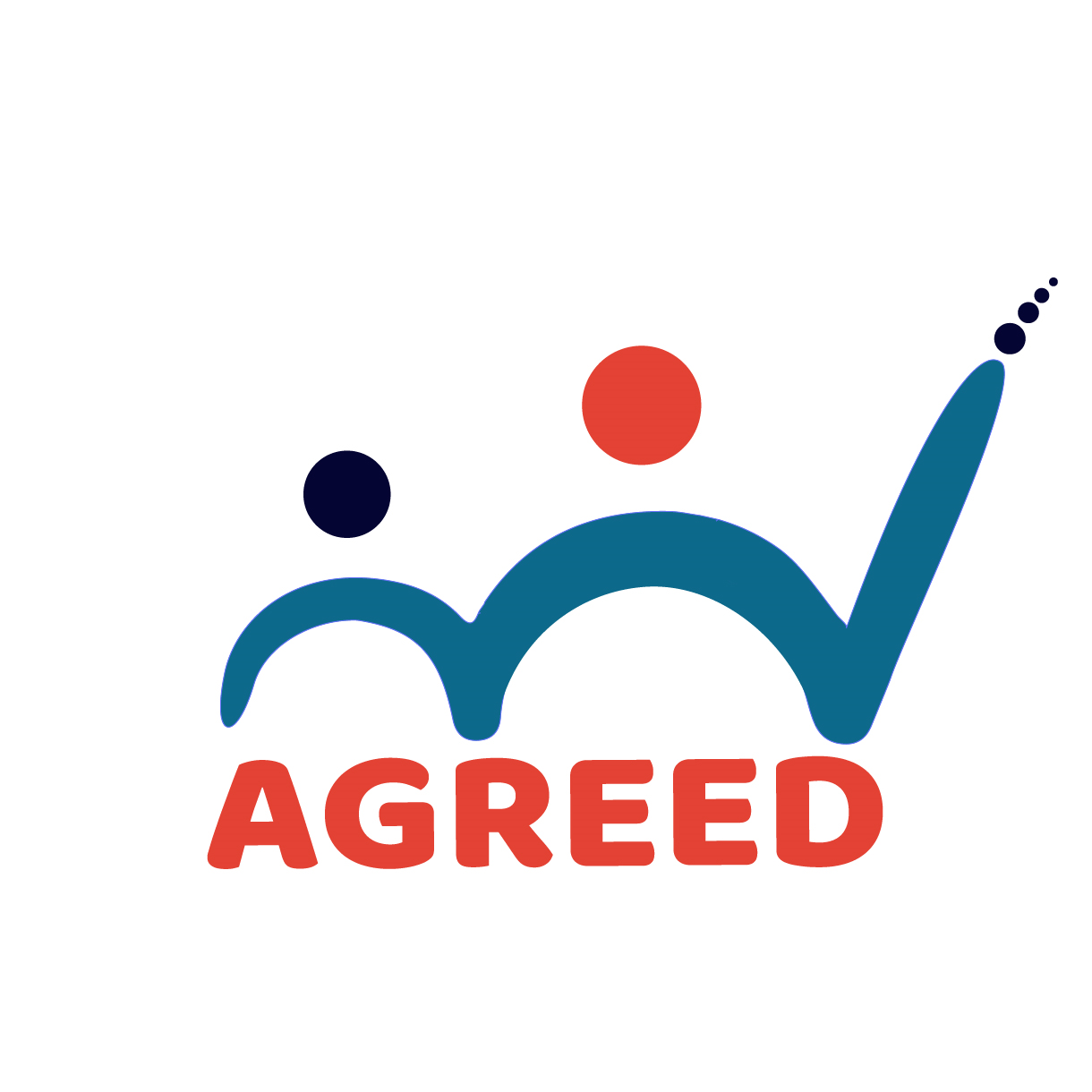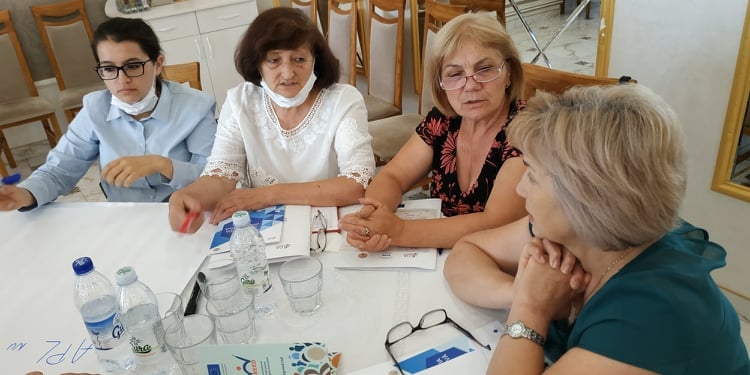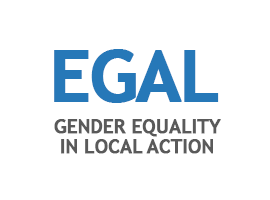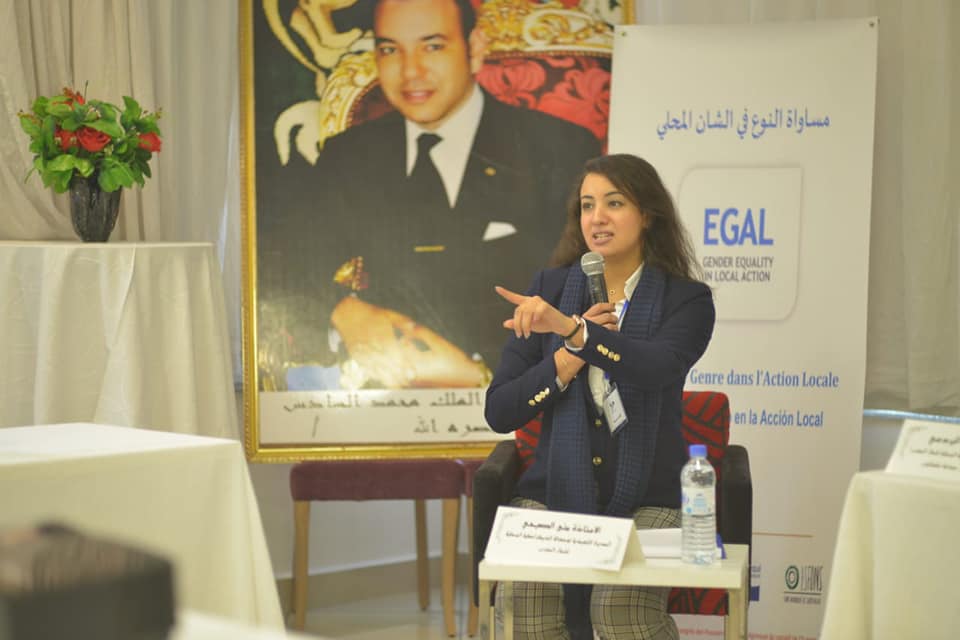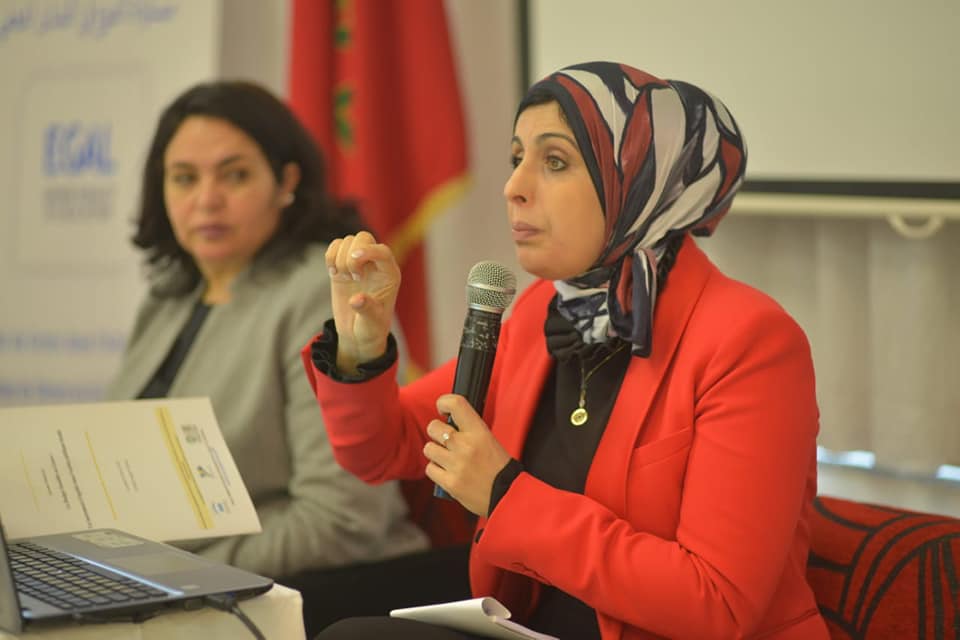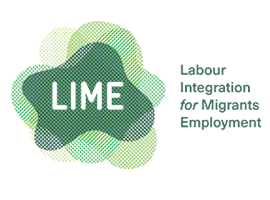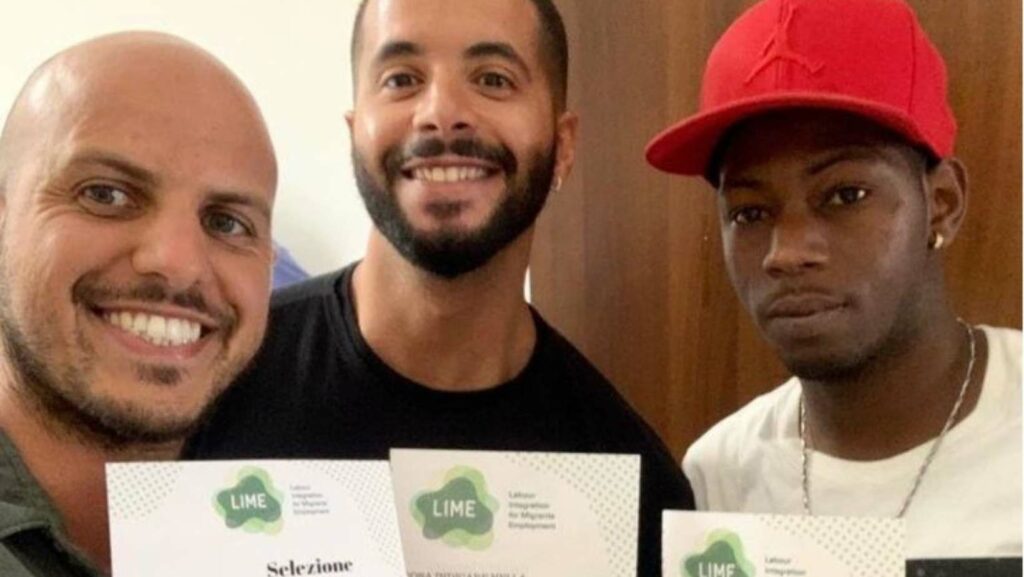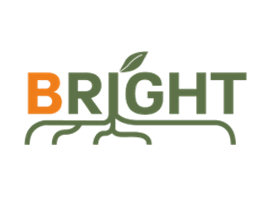
AT A GLANCE
The Lisbon Treaty and the EU Charter of Fundamental Rights consolidated the rights, opportunities and safeguards of EU citizenship. These include the freedom to travel, work, study and to participate in European political life in other EU countries. Despite many interventions and policies promoting the political participation of mobile EU citizens have been implemented at European and National level, there are still significant gaps in the awareness of EU citizenship rights as well as participation in the European democratic process, particularly among underrepresented groups.
The BRIGHT – Building RIGHTs-based and Innovative Governance for EU mobile women project promotes innovative governance partnerships for social inclusion and exercise of the EU rights for underrepresented mobile citizens. It supports the access to gender responsive public services, (e.g. social housing, public transport to the workplace, community solutions for childcare), for Romanian and Bulgarian women employed in low standard labour sectors in Southern Italy. The core methodology is the adoption of the Public-Public Partnership Agreements as the result of a collaborative process among local institutions, EU citizens, employers, trade unions and CSOs to identify common needs and co-design services.
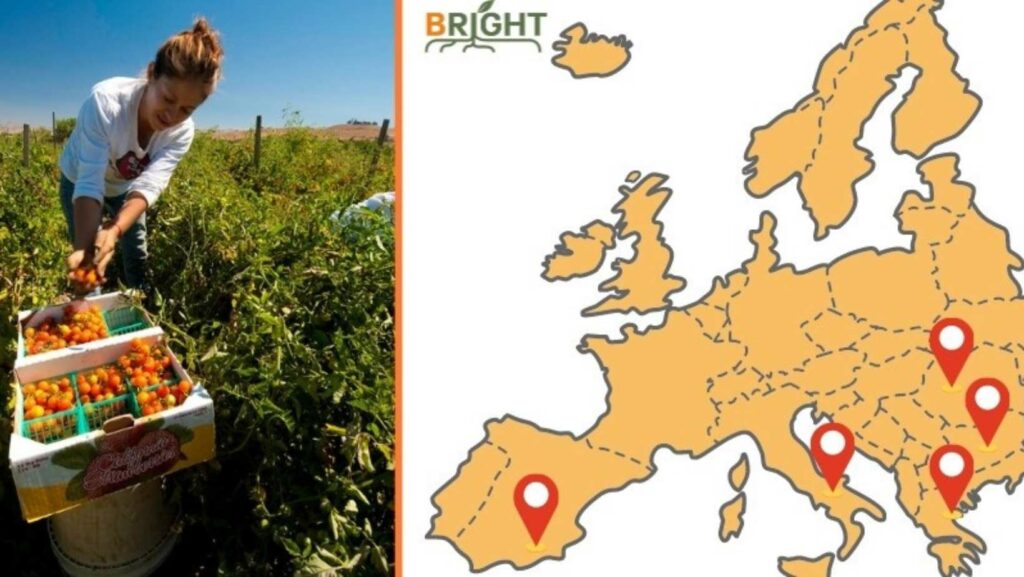
OBJECTIVES
The BRIGHT project aims at improving the awareness and exercise the EU citizenship rights of mobile women employed in low-labour standards sectors. Specific objectives are:
- To improve the social inclusion and democratic participation of 800 Romanian and Bulgarian mobile women employed in agriculture in Southern Italy;
- To strengthen the awareness on EU citizenship rights of 400 Romanian and Bulgarian potential female mobile workers in the sending countries;
- To enhance the capacity of local institutions and encouraging European countries to adopt participatory governance systems (PuPs) that enable the participation of EU mobile citizens in decision-making processes.
ACTIVITIES
The pilot foresees the adoption of Public-Public Partnership Agreements in 4 hosting communities addressing mobile women employed in agriculture. This will increase their awareness and participation in local civic activities throughout the co-design of communities-based services. The BRIGHT model fosters the adoption of participatory governance systems in other 5 EU local authorities to enable the participation of EU mobile citizens in decision-making processes. A peer to peer action and an online/offline campaign, in Romania and Bulgaria, create the link between sending and hosting countries and inform women about EU citizenship rights.
